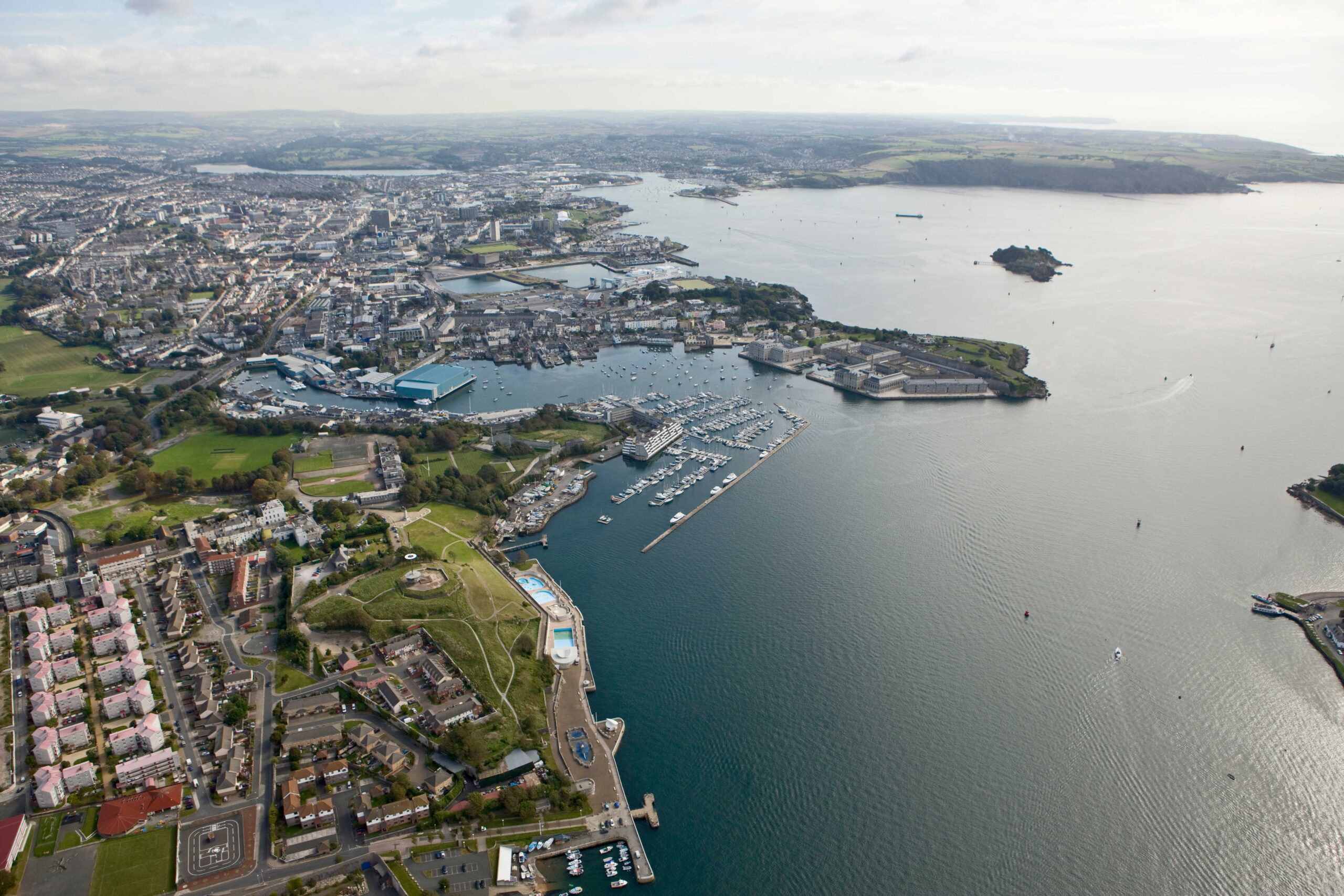
Centre for Coastal Communities
When you think of a coastal community what do you imagine? For some people, the first thing to come to mind is sandy beaches and busy piers with noisy arcades. For others, it will evoke images of lonely ghost towns whose hearts only beat during the summer months. Coastal communities have a definition problem and people have differing ideas of what it means to be a coastal community.
Attempting to pinpoint a definition for ‘coastal community’ reveals the diversity of perspectives, and many researchers and government bodies have put forth their interpretations, ranging from stricter definitions to broader, more all-encompassing ones.
For example, the British Resorts and Destinations Association has identified 37 principal seaside towns in England based on features such as specialised tourist infrastructure, holiday accommodation, and distinctive resort characteristics. This strict approach to definition has allowed research to be focused on specific challenges and provides for a more tailored approach to solutions and strategies. These stricter definitions would prefer a coastal community to be defined by its purpose, e.g. whether it was a port town or a seaside resort.
The Ministry of Housing, Communities and Local Government takes a broader view of what defines a coastal community. To them, a coastal community as any settlement along the coastline or on an estuary, even going so far as to include inland communities that have a clear connection to the coastal economy. Arguably, this definition allows for a greater understanding of the complexities and challenges that all coastal communities share. Those with this viewpoint suggest that stricter definitions cannot gain meaningful insights into the challenges and opportunities specific to every coastal settlement.
What do you think defines a coastal community? What are your experiences of living and working in coastal communities?
If you are keen to share your views, there are 3 ways you can get involved in the South West Coastal LPIP:
- Joining our network, by signing up for our newsletter, so that we can share findings and best practice, and create a successful bid for this significant funding. Sign up here: https://plymouth.us21.list-manage.com/subscribe?u=91b8cc0f377547de6be8d9502&id=e74c87a877
- Telling us about work that you are doing in your organisation regarding coastal communities through filling in our Call for Evidence form: https://ryw.onlinesurveys.ac.uk/south-west-coastal-local-policy-innovation-partnership-ca
- Attending Online Consultation Workshops for organisations in Cornwall, Devon and Somerset to come together to discuss priority topics and best practice.
The dates and themes are:
Strengthening and connecting communities: 29th June 1pm-3pm
Booking link: Salty SW LPIP Workshop: Community Tickets, Thu 29 Jun 2023 at 13:00 | Eventbrite
- Addressing advantage in the early years
- Levelling up education and social mobility on the coast
- Improving the mental health of children and young people on the coast
- Marine citizenship and the social and economic benefits of coastal heritage
- Making the coast accessible and beneficial to all
Inclusive and sustainable economy: 6th July 1pm-3pm
Booking link: Salty SW LPIP Workshop: Economic Tickets, Thu 6 Jul 2023 at 13:00 | Eventbrite
- Digital innovation and skills
- Housing affordability
- Low productivity and the visitor economy
- Offshore renewable energy innovation and skills
Living and working sustainably in a greener economy: 13th July 1pm-3pm
Booking link: Salty SW LPIP Workshop: Environment Tickets, Thu 13 Jul 2023 at 13:00 | Eventbrite
- Mitigating climate change: co-production and place-making in coastal communities
- Unlocking marine innovation
- Sustainable food systems and communities
- Aquaculture innovation zones
- Transforming ocean governance
Cross-cutting themes 20th July 1pm-3pm
Booking link: Salty SW LPIP Workshop: Policy and Governance Tickets, Thu 20 Jul 2023 at 13:00 | Eventbrite
- Evaluating and capturing the learning around the work of community assets
Addressing policy complexity through a Human Learning Systems approach If you have any questions about the SWC LPIP, Workshops or Call for Evidence, please email swcoastallpip@plymouth.ac.uk
